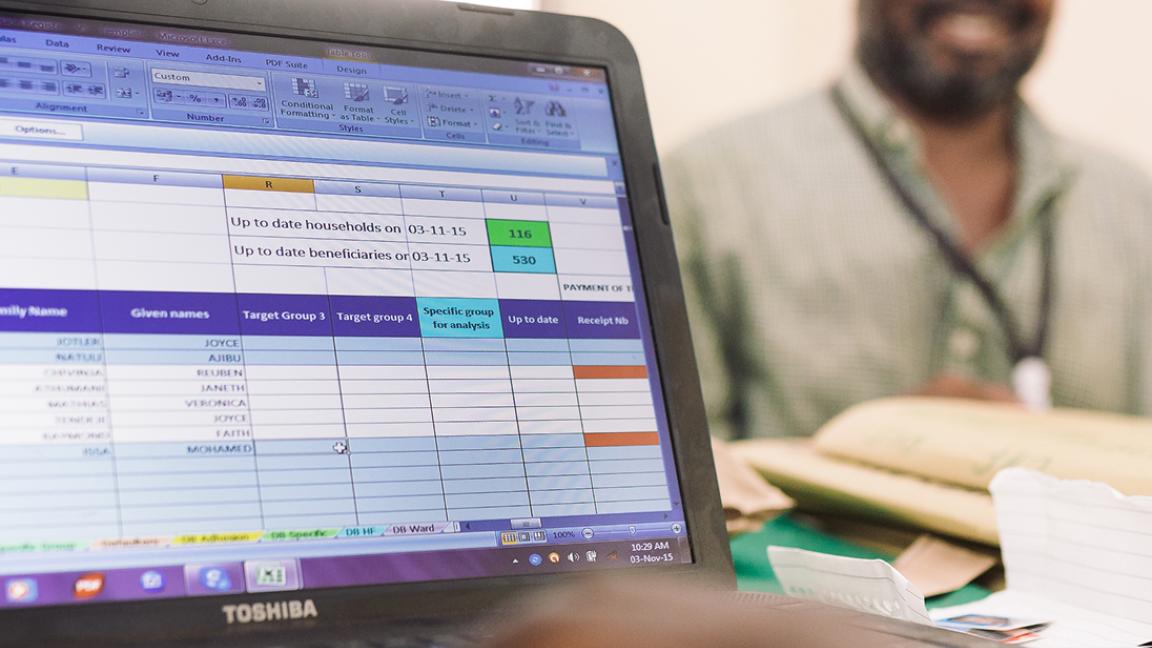Die Deutsche Gesellschaft für Internationale Zusammenarbeit (GIZ) GmbH ist seit 1974 in Nepal tätig. Die GIZ ist an mehr als 60 Standorten in Nepal aktiv. Seit 1974 koordiniert das GIZ-Büro in Kathmandu die Arbeit der Organisation.
Nach Ende des Bürgerkriegs in Nepal im Jahr 2006 wurde eine neue Verfassung verabschiedet. Diese und demokratische Wahlen haben zur politischen Stabilisierung des Landes beigetragen.
Nepal steht weiterhin vor offenen Fragen im Zusammenhang mit dem Versöhnungsprozess und der Übergangsjustiz, die die Zeit seit dem Konflikt prägen. Viele Menschen haben Familienangehörige oder ihre materielle Existenz verloren. Dies hat in vielen Fällen dazu geführt, dass Lebensgrundlagen zerstört und die Betroffenen vertrieben wurden.
2015 wurde Nepal durch mehrere schwere Erdbeben verwüstet. Fast 10.000 Menschen kamen dabei ums Leben und die Infrastruktur des Landes wurde schwer in Mitleidenschaft gezogen. Der Wiederaufbau nach den Naturkatastrophen gestaltete sich langwierig und ineffektiv. Die Folgen für die ohnehin schwach entwickelte nepalesische Wirtschaft des Landes waren und sind gravierend.
So wächst die nepalesische Wirtschaft deutlich langsamer als die der boomenden Nachbarländer. Etwa ein Drittel der Bevölkerung lebt unter der Armutsgrenze, und die Lebenserwartung liegt im unteren Drittel der Lebenserwartungen in asiatischen Ländern. Fast die Hälfte aller Kinder in Nepal ist chronisch unterernährt. Seit Beginn der 1990er-Jahre konnten die Kinder- und Müttersterblichkeit zwar erheblich gesenkt werden, doch bis heute werden nur 55 Prozent aller Geburten von einem Arzt oder einer Hebamme betreut.
Unsere Arbeit vor Ort: Für Wirtschaft und Gesundheit
In den vergangenen Jahren hat Nepal bedeutende Fortschritte bei Armutsbekämpfung, Einschulungsquoten, Gesundheitsversorgung und Abwasserentsorgung erzielt. Darüber hinaus hat das Land Maßnahmen zur Prävention von HIV und Tuberkulose auf den Weg gebracht und die meisten Milleniumsentwicklungsziele MDGs) erreicht.
Die deutsch-nepalesische Entwicklungszusammenarbeit hat folgende Schwerpunktthemen:
- nachhaltige Wirtschaftsentwicklung
- erneuerbare Energien und Energieeffizienz
- Gesundheit
Darüber hinaus werden auch Initiativen zur Friedenskonsolidierung durch den Zivilen Friedensdienst unterstützt.
Steckbrief Nepal
GIZ Mitarbeitende
Stand: 31.12.2025
- 130 Nationale Mitarbeitende
- 10 Internationale Mitarbeitende
- 6 Entwicklungshelfer:innen
Einblicke


